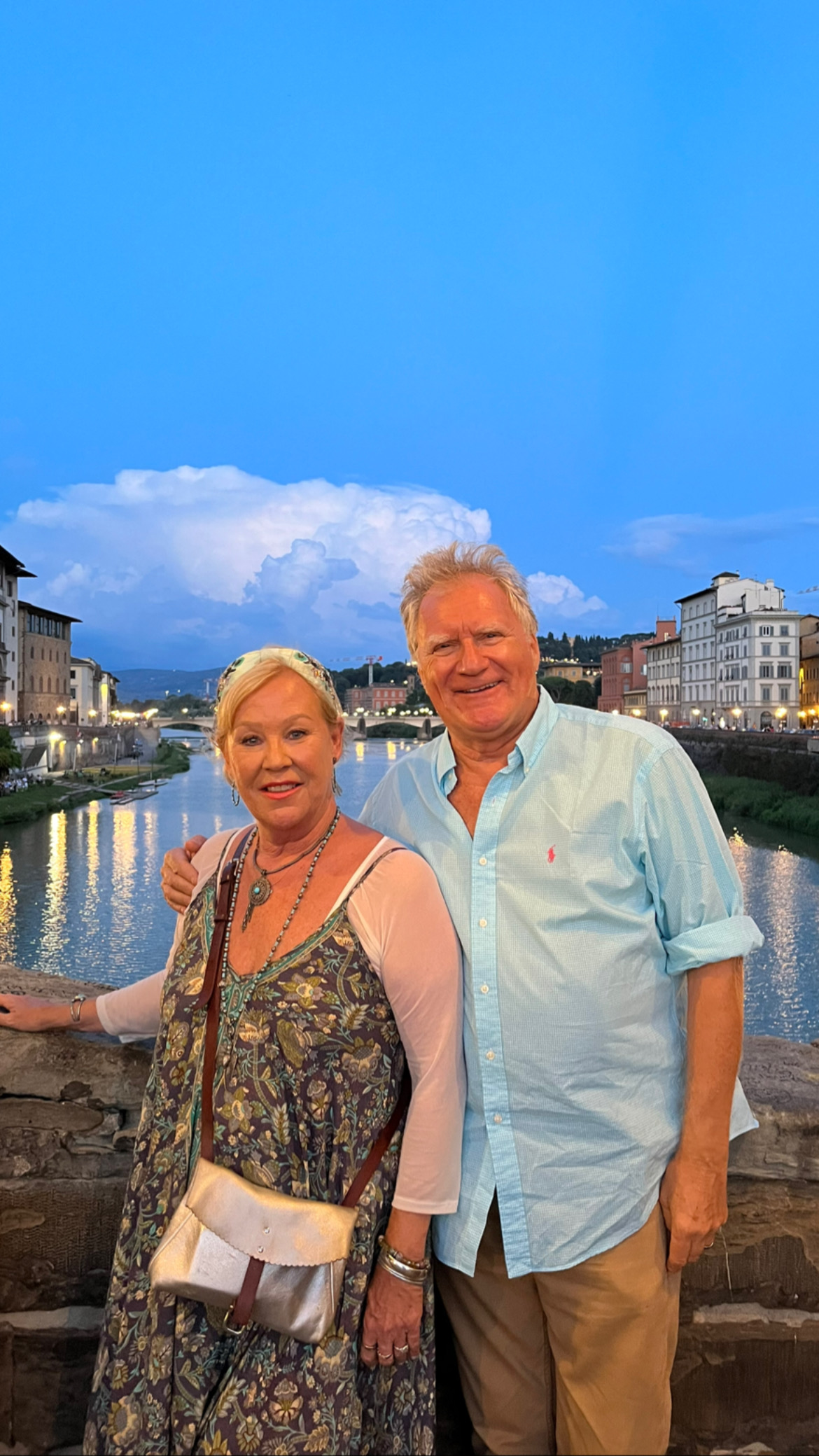8. MAGNOLIA PLANTATION, SOUTH CAROLINA
- Des & Sandie Nichols
- Oct 28, 2022
- 2 min read
Updated: Jun 26, 2024
We came across an old Southern plantation, with the fragrant name of Magnolia, just outside Charleston. This former 2000 acre estate was built on the blood, sweat and tears of hundreds of slaves, imported from distant lands as a commodity, like gold or spices. The land for this vast property was gifted by Charles II of England to one of his flunkies in the 17th century and has remarkably stayed in the same family's ownership for 13 generations. The early owners struggled to find a successful crop in the wet, humid, hostile territory but eventually had abundant success with rice. The wealth generated was beyond comprehension. But first they had to dig hundreds upon hundreds of acres of 'paddy fields' which were to be fed from the local River Ashley. This was before the Industrial Revolution and so the answer was in the market place - slaves. Not only was it back breaking work but it was also extremely dangerous. Poisonous snakes and spiders, voracious alligators and deadly diseases all took their toll. Incredibly, 40% of the male slaves born into this abhorrent captivity died before the age of 20. But, hay, what's a few slaves when it is making the land owner as rich as Croesus? Well, quite a lot to the Northerners apparently who were sickened by what was going on. So that, in a nutshell, was one of the main causes of the American Civil War which started here in Charleston when the Confederates fired the first salvo at Fort Sumter on April 12, 1861. The Union, of course, won after four bloody years and on their march through the Deep South took their revenge on the Plantations by freeing the slaves and burning the huge houses.
Magnolia Plantation today, however, is a glorious natural garden. The paddy fields, miles of them, are the peaceful home to alligators and some beautiful bird life. The woodland trails and colorful gardens would do an English country home proud.
Magnolia Plantation serves this purpose well. A thought-provoking but still enjoyable day out with an underlying sober message. To keep history alive, however unpalatable, is essential and Magnolia Plantation is one of the places that preserve it for future generations while giving visitors access to its wonderful location of natural beauty.

Magnolia Plantation House


One time paddy fields

Forest ponds

Alligator munching a turtle - crunchy outside with a lovely soft center

Giant Heron




Comments